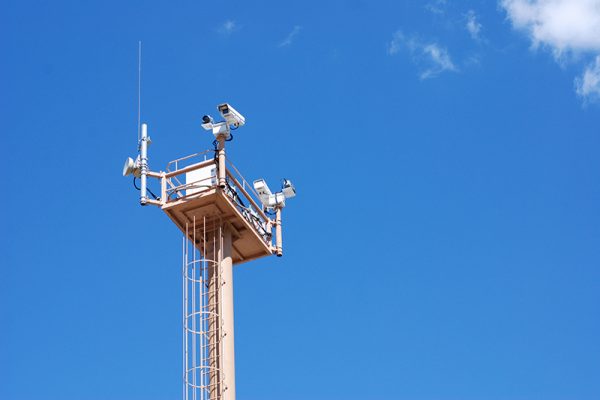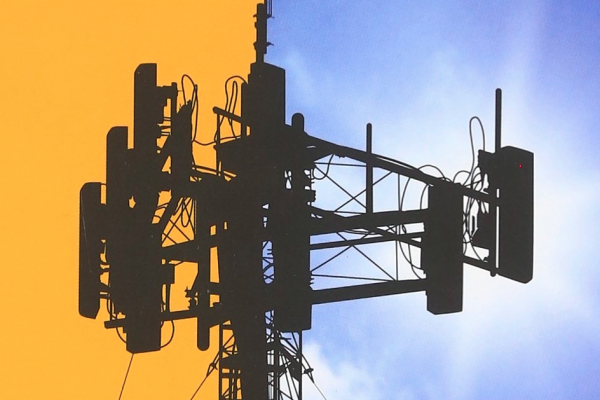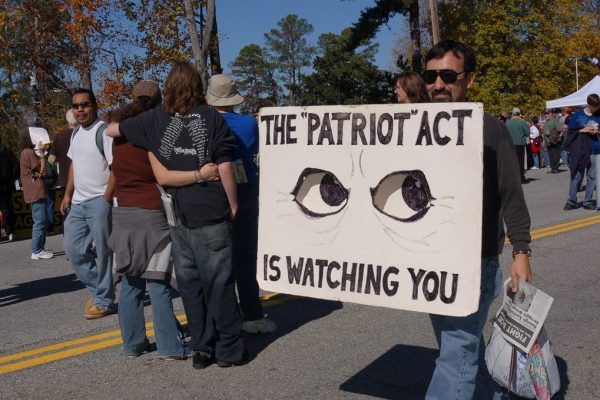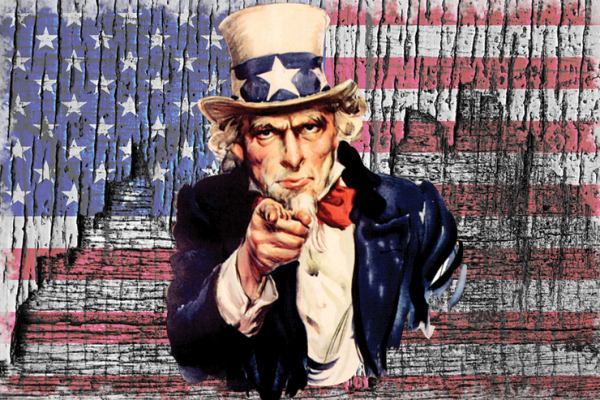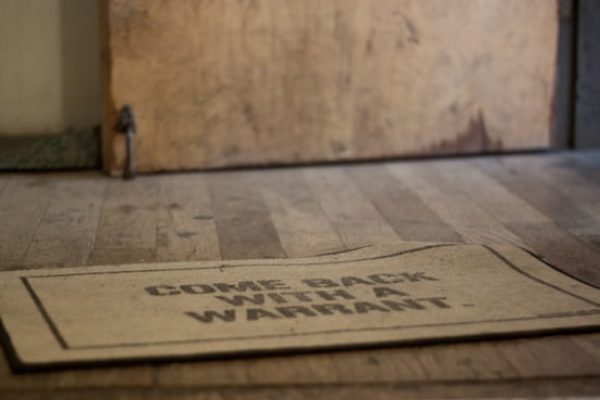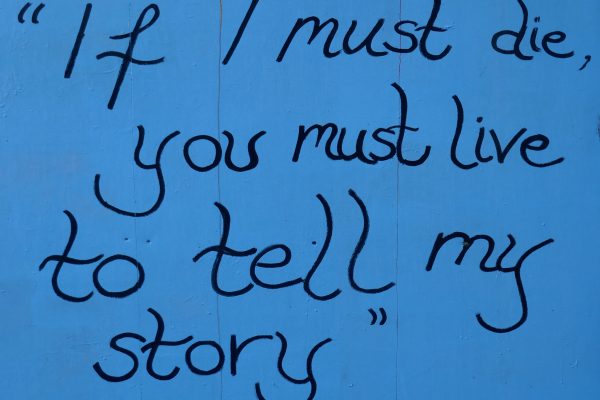This summer a coalition of seventeen media organizations published a series of articles indicting the NSO Group, an Israeli cyberespionage company that has targeted journalists, politicians, and human rights workers via its Pegasus spyware. Outrage echoed worldwide. Within Israel’s insular high-tech community, however, few seemed alarmed by the news.
Indeed, as cultural anthropologist Sophia Goodfriend details in a new essay, military-grade spying on civilians has in many ways become just another office job. In a culture of hip, high-tech affluence—fueled by a revolving door between elite military intelligence units and private companies—ethical reflection inevitably takes a back seat to profit. “It’s not that rare here in Tel Aviv,” J, an ex-developer at a spyware firm told Goodfriend. “You might be selling software to a company that’s not respecting human rights, but people won’t think too deeply about it because they’re making good money and working in a nice office all day.”
Today’s reading list situates this powerful expose in our rich archive on privacy, democracy, and the rise of the state surveillance apparatus. From Elaine Scarry on the Patriot Act to Evgeny Morozov on personal data and a host of essays on the NSA, Snowden, and more, the pieces below explore the urgent ethical stakes of a world increasingly threatened by disturbing new forms of surveillance.
In the high-tech culture of Tel Aviv, military-grade spying on civilians has become just another office job.
We have surrendered the cherished value of “innocent until proven guilty” for the security logic that we are all “risky until proven safe.”
By routinely giving away a huge amount of personal data, everyday Internet users might already have become law enforcement’s greatest ally.
The double requirement of the Constitution—that people's lives be private and government actions be public—is turned inside out by the Patriot Act.
Forum
Framing surveillance as a tradeoff between privacy and security is a dead end for democracy.
In the post-Snowden world, it is hard to imagine a more consequential fork in the road.
Is it naïve to see whistleblowing as a form of civil disobedience?
The newest report sees nothing illegal about warrantless collection of Americans’ international calls and e-mails.


